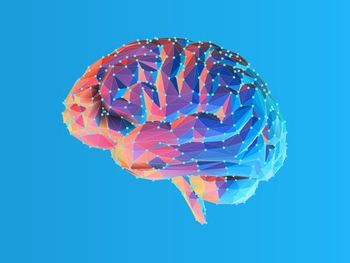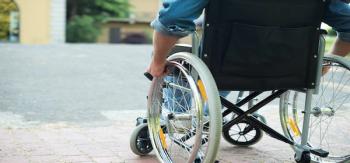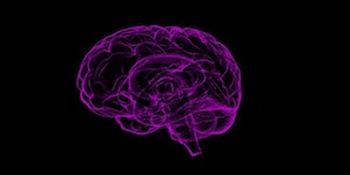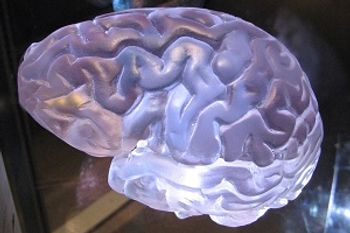
Cognitive fatigue, which is defined as a troublesome symptom among healthy and clinical populations, is a major research focus at Kessler Foundation.

Cognitive fatigue, which is defined as a troublesome symptom among healthy and clinical populations, is a major research focus at Kessler Foundation.

Cognitive impairment includes memory and thinking problems that affect concentration, decision making and learning new things, which increases as people grow older.

Collaborating with providers offers opportunities to help patients maintain their brain health.

The study compared step impairments across the cognitive spectrum, including people with subjective cognitive impairment, Parkinson disease, mild cognitive impairment, Alzheimer disease, Lewy body dementia, and frontotemporal dementia, as well as cognitively healthy controls.

Studies have shown that sleep benefits infants’ memories and general cognitive and emotional development.

The research team was surprised to find that participants’ working memories were not related to how well they performed the task.

Select foods, vitamins, and cardiovascular activity have all been proven in clinical literature to be essential components of improving the health of our encephala.

Four months after training, military personnel reported less stress and depressive symptoms as well as more satisfaction and resilience in their lives.

Previous research has found that exercise-induced changes in cognitive function might be mediated by activity in the dopaminergic system, which is known to be involved in physical activity and exercise.

As care improves, cognitive impairment is likely to be seen earlier in patients with coronary artery disease, diabetes, and HIV.

High blood pressure may be an accelerant of cognitive decline in middle-aged and older adults, according to research published in Hypertension.

Multiple large-scale studies have suggested that menopause is a sex-specific risk factor for cognitive dysfunction independent of aging and other menopause symptoms, such as depression, anxiety, and hot flashes.

Individuals with chronic spinal cord injuries have an increased risk for cognitive deficits that resemble the deficits associated with the aging process.

Pharmacists can identify drugs that cause problems, guide selection, and recommend treatment strategies.

A new study indicates cheese is the most protective food against age-related cognitive problems.

The researchers familiarized mice with objects and gave them doses of melatonin and the 2 melabolites 1 hour later, followed by a test on their memory the next day.

The papers in the special issue highlight the research team’s focus on understanding the experiences of caregivers of persons with TBI and illustrate the team’s ability to efficiently capture those experiences through a tool known as TBI-CareQOL Measurement System.

Delirium was the sixth most common presenting symptom in all patients, suggesting the clinical importance of including delirium on checklists of presenting signs and symptoms for COVID-19.

A recently published meta-analysis by the UConn Institute for Collaboration on Health, Intervention, and Policy (InCHIP) is the first-ever to explore the use of yoga, meditation, and mindfulness-based interventions for the effective treatment of chronic concussion symptoms.

Using multiple languages may help to protect the brain against age-related cognitive decline.

A brain circuit that is critical for maintaining motivation may be responsible for a decline in learning as people age.

Maintaining brain health is especially important in the senior population, because once brain cells die, dementia typically follows.

Nursing home residents who are transferred to the emergency department potentially face long-term health consequences.

In addition to increasing physical power, physical training reduced participants’ body fat percentage and increased their oxygen-uptake efficiency.

A new study found a combination of physical activity and cognition-boosting tasks, such as reading a book, is the best way to preserve brain health.